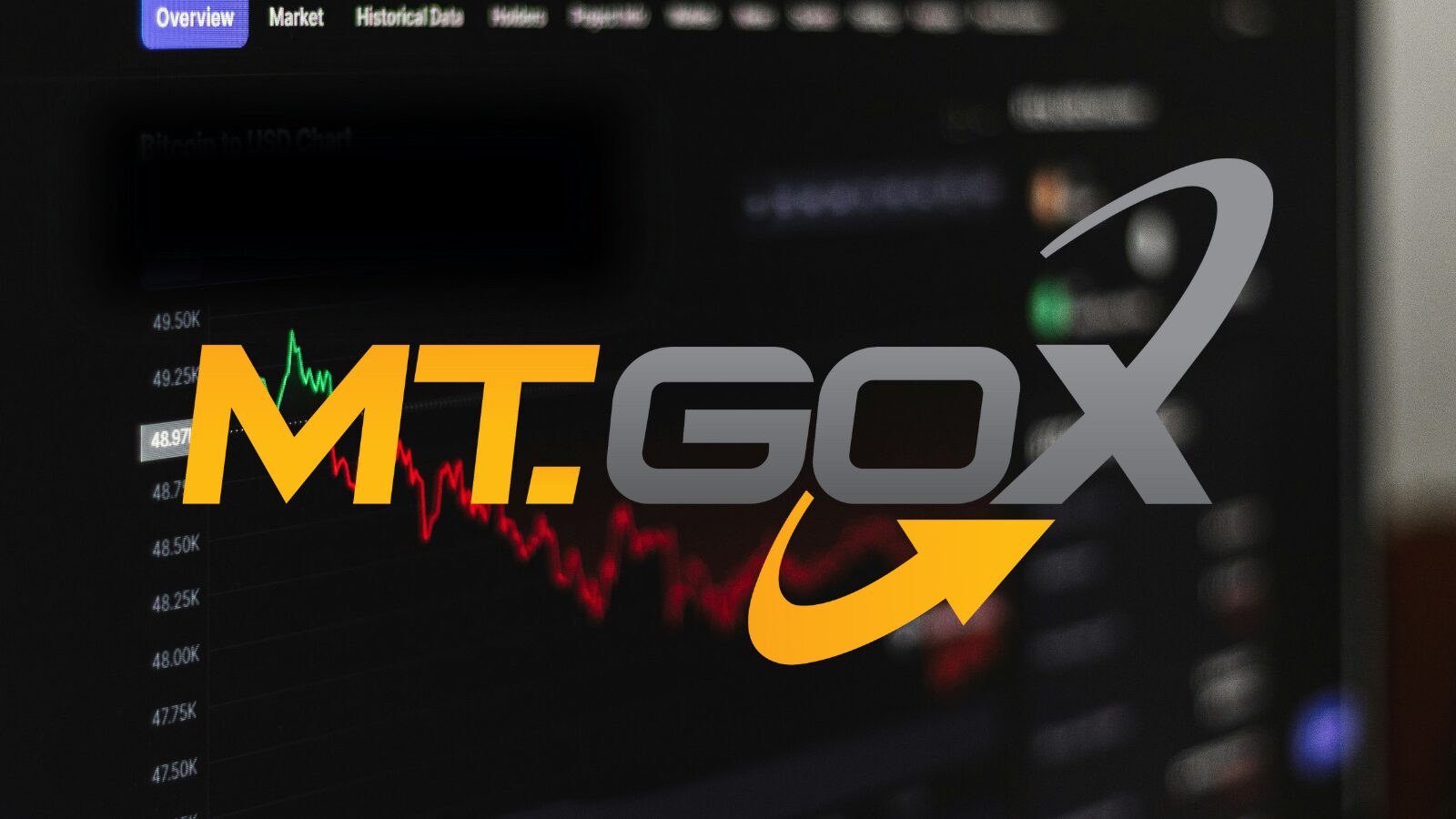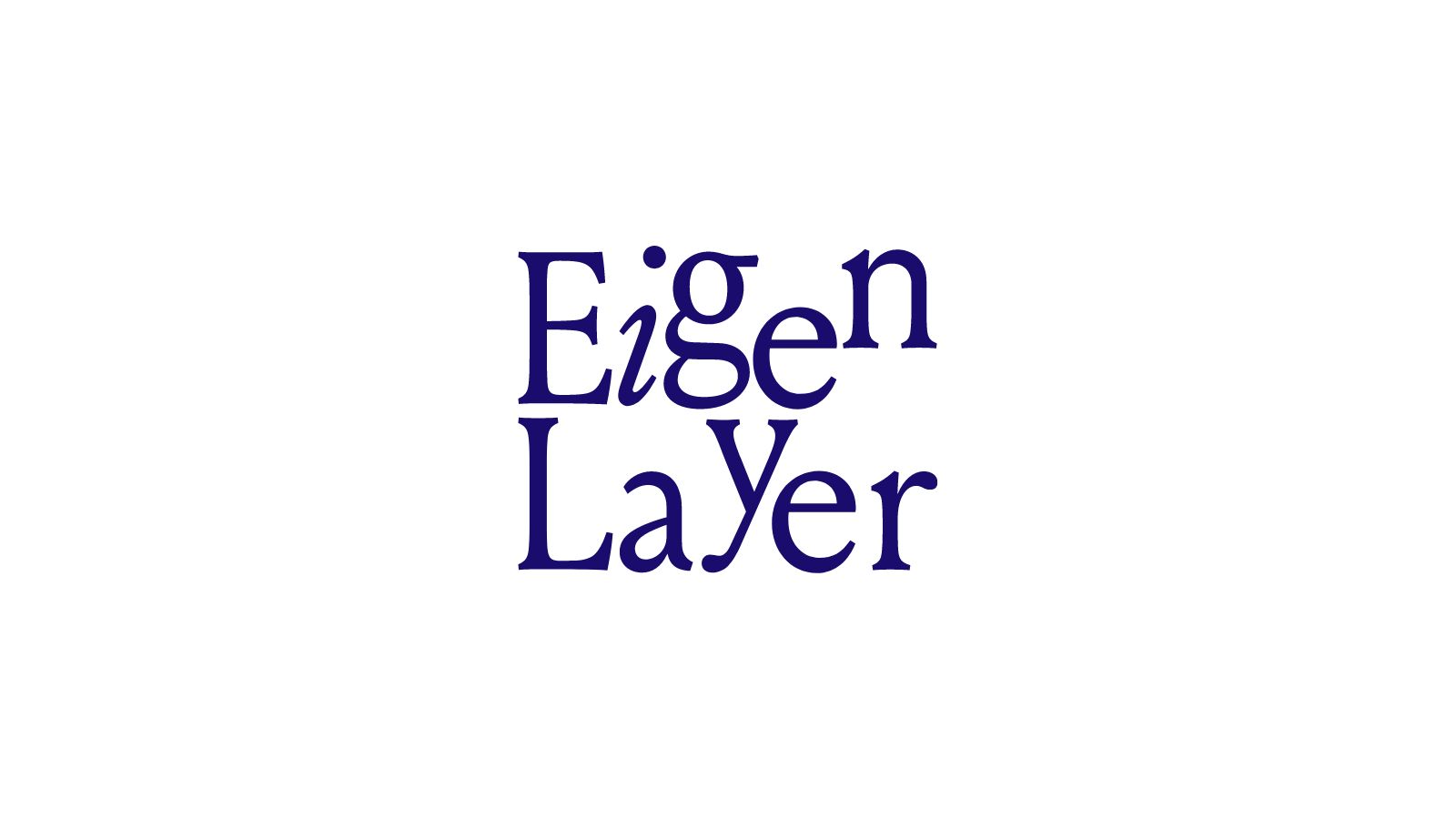The intersection of cryptocurrency and mainstream finance is becoming increasingly pronounced, as traditional financial institutions begin to embrace blockchain technology. This integration signifies a promising future for the cryptocurrency space, which is gaining relevance and credibility within established financial systems.
A striking example of this trend is the recent approval by the U.S. Securities and Exchange Commission (SEC) for the issuance of Spot Ethereum ETFs. This decision, which includes approvals for major firms such as BlackRock, Fidelity, Grayscale, Bitwise, VanEck, Ark, Invesco Galaxy, and Franklin Templeton, marks a significant shift in the SEC’s stance. Historically, the agency has classified Ethereum as a security, making this approval a surprising yet welcome development for many in the industry. The SEC’s pivot, especially after years of stringent regulation under the Biden administration and Gary Gensler’s leadership, suggests a more accommodative approach towards cryptocurrency.
This newfound regulatory openness is mirrored by the actions of major financial entities, which are increasingly intertwining traditional assets with digital ones. The launch of Spot Bitcoin ETFs in the U.S., which have already amassed $60 billion in assets under management (AUM), exemplifies this trend. Additionally, traditional financial institutions are not just offering crypto-related products but are also adopting the underlying technology.
A prime example is SWIFT, the leading messaging network for international payments. SWIFT is collaborating with over a dozen major financial institutions to leverage its infrastructure for transferring tokenized value across both public and private blockchain networks, with Chainlink providing the necessary connectivity. This collaboration highlights the growing acceptance and integration of blockchain technology within the core operations of traditional finance.
Mastercard’s introduction of ‘Crypto Credential’ further illustrates this integration. This system allows users to send and receive cryptocurrencies using simplified aliases instead of complex blockchain addresses. By verifying users according to Mastercard’s standards and ensuring compatibility and validity of wallet addresses, this initiative enhances security and compliance with Anti-Money Laundering (AML) regulations, reflecting the increasing regulatory clarity and acceptance of cryptocurrencies.
As regulatory frameworks become more defined, and as agencies worldwide bring cryptocurrencies under their purview, the adoption of blockchain technology by traditional financial firms is accelerating. The growing demand from individuals seeking exposure to crypto assets is compelling large firms to capitalize on this trend, fostering a more secure and promising future for the crypto-sphere.
The recent actions by the U.S. Senate, in conjunction with the House of Representatives, to repeal the controversial SEC policy known as Staff Accounting Bulletin No. 121 (SAB 121), further underscore the shifting regulatory landscape. SAB 121 mandated that companies holding customers’ cryptocurrencies record them on their balance sheets, potentially stifling innovation by imposing significant capital requirements. The move to repeal this policy, despite President Joe Biden’s veto threat, indicates a growing pro-crypto sentiment within the government, challenging the stringent regulatory approach advocated by Gary Gensler.
Political dynamics also play a role in shaping the future of cryptocurrency regulation. Presidential candidates, like Donald Trump, have begun to endorse cryptocurrencies, aiming to attract voter support. This political backing could influence future regulatory policies and further legitimize the crypto industry.
The New York Stock Exchange (NYSE) has also expressed its readiness to offer cryptocurrency trading, contingent upon clearer regulatory guidelines. This willingness from such a prominent financial institution signals the potential for broader adoption and integration of cryptocurrencies within traditional financial markets.
In conclusion, the increasing convergence of cryptocurrency and mainstream finance, coupled with evolving regulatory stances, paints a bright future for the crypto industry. As traditional financial giants adopt blockchain technology and regulatory clarity improves, the crypto-sphere is poised for significant growth and innovation. The journey ahead promises to be transformative, heralding a new era of financial integration and digital asset adoption.










